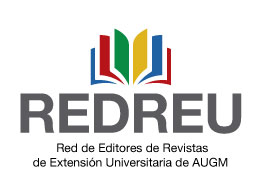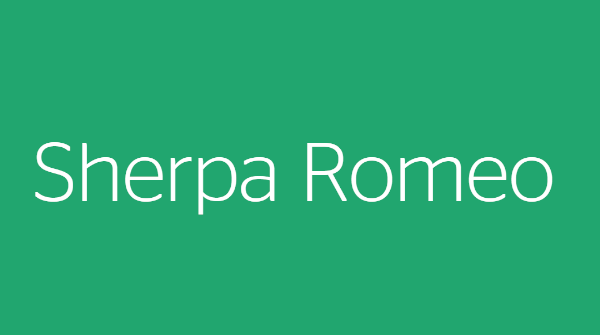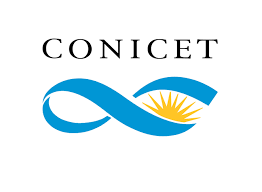Indigenous communities at the UNC: dialogues and challenges to create new anthropological and museological practices
Keywords:
public archaeology, indigenous communities, dialogue of knowledge, remains humansAbstract
In this work we seek to socialize different instances of encounter generated by or with the participation of the Program of Public Archaeology -PAP- together with other spaces of the Faculty of Philosophy and Humanities of the National University of Córdoba -Secretary of Extension, Museum of Anthropology, postgraduate courses in Anthropology and chairs of the Department of Anthropology- to work together with the indigenous peoples of Córdoba on a particular type of archaeological material such as human remains. From 2015 to 2019, various spaces for dialogue and academic training were created, in which teachers, non-teachers and undergraduate and graduate students from our university participated, as well as teachers from other universities in the country, together with members of indigenous peoples. Although geographical distances and economic costs have been limiting for this type of meeting, this year a new challenge has been added with
the situation of social isolation, preventive and obligatory (presidential decree 297/2020) imposed by the COVID-19 pandemic. We understand the extension as a deliberate will of the university to link up with society, in this case with the indigenous peoples and communities of the province of Córdoba. Thus, we seek to build a dynamic fabric
between the university and society, generating instances of communication, stimulating and accompanying the processes of institutional and social construction on anthropological and museum practice policies. We want to put the obvious and what has always been done this way on the table, to think about practical answers and situated conceptualizations, without forgetting that in the practices there are also theories and that they explicitly assume political commitments. Paulo Freire, the educator of the obvious, invites us to go through the obvious because there is something new to discover in them. To achieve this, we seek to create a synergy in the discussions between the practical, theoretical and critical levels of anthropology and museology.
Downloads
Downloads
Published
Issue
Section
License
Copyright (c) 2020 Mariela Eleonora Zabala, Mariana Fabra

This work is licensed under a Creative Commons Attribution-NonCommercial-ShareAlike 4.0 International License.













